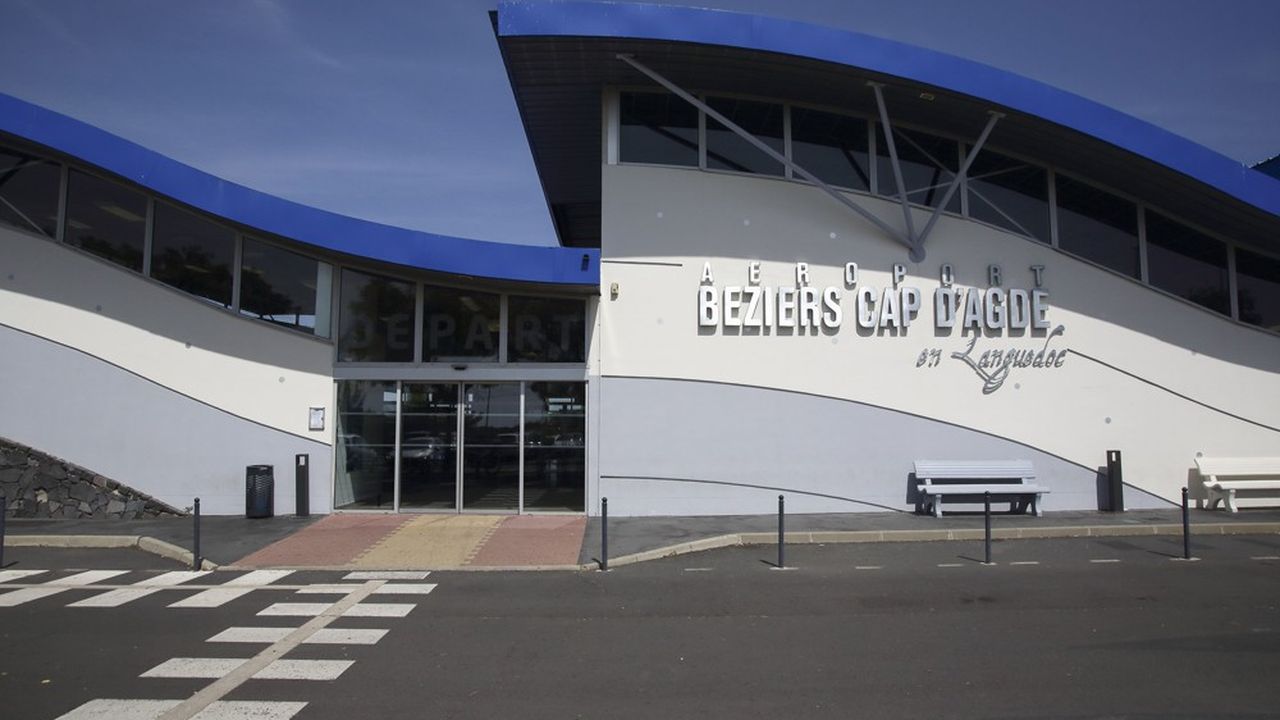Many people in their environment are sick of the corona measures, the girls say. “We are not allowed to do anything anymore. Go to school, go home and nothing else.” The motivation to stick to that regime is even less, because ghost stories about corona circulate in their class. Nima: “Everyone thinks it’s bullshit, they even say it’s an invented virus.”
That this motivation is declining in Brussels is reflected in the hospitals, says Marc Noppen, director of the University Hospital Brussels. “The people who end up here have often been careless,” he says. And many of those people do not speak Dutch or French, says Noppen. They came to Brussels as migrants.
Noppen: “What struck us was an enormous information gap. Between us, people who are already fed up with the story about corona and a community that does not watch the news, does not read newspapers, but mainly has their own social media channels. there are very different stories circulating. Especially conspiracy theories. “
Never heard of corona
Noppen is amazed about it, especially about the people who seem to have never heard of corona. And because the Belgian government hardly reaches this target group, it wants to do it itself. “I contacted a number of befriended young people from the area. Young people, because it was noticeable that many young people in particular deny this story.”
One of those young people is Hassan al Hilou, 21 years old and an entrepreneur. He lived much of his youth in the Netherlands. “During the first wave, you saw that young people were hardly involved,” he says. “That is why young people feel much less responsible.”
Al Hilou does not believe that the mother tongue is as important as hospital director Noppen says. “That is a cliché that is used more often, but everyone is really aware of the measures. Only in the city, where people live smaller, for example, is it much more difficult to follow these measures.”
Hassan organized a hackathon, where Nima and Marjana also came. There, the young people made up that they wanted to make videos to share in their own app groups. As a counterbalance to all the misinformation that is also shared there.
Real influencers ask a lot of money to share these types of videos. That money is not available, so Al Hilou and the Brussels hospitals hope that they will get enough young people behind them who want to participate in the action. They have to act like droplets that cool the ocean somewhat.
The hackathons will also be organized in other places in Belgium in the near future, because the problems are everywhere, says Al Hilou. “This is not a Brussels story. Whether it is Brussels or Flanders. Whether Amsterdam or Rotterdam, this is happening in all major cities.”
–


